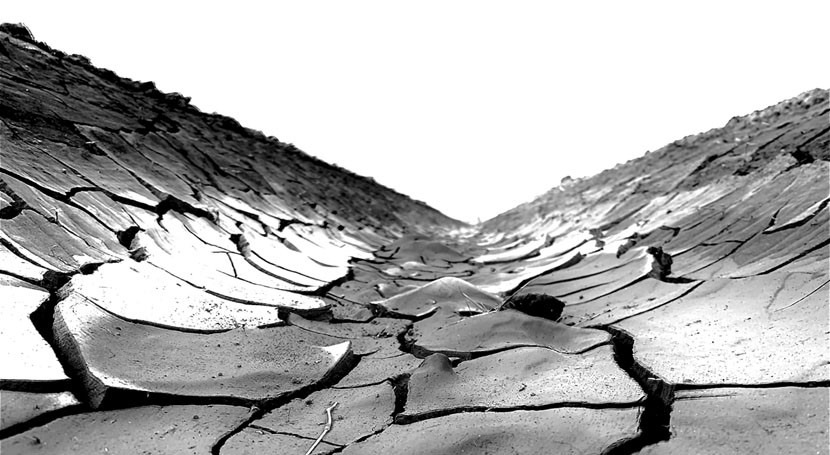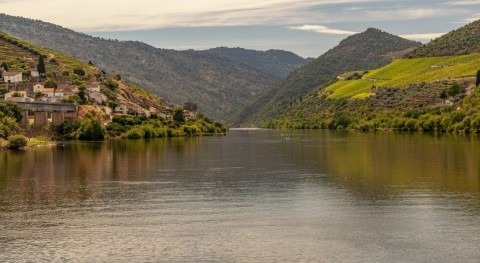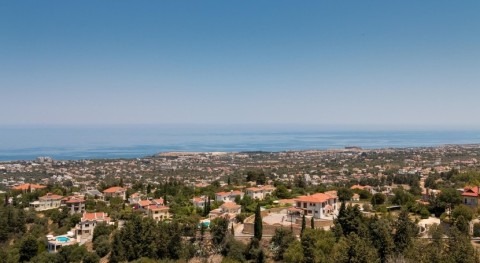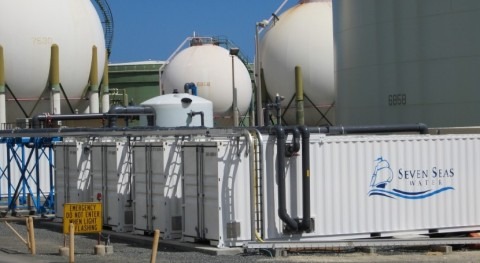A new analysis by the European Central Bank (ECB) warns that the euro area economy is increasingly vulnerable to environmental degradation, with water scarcity posing the most significant threat. According to the ECB’s findings, nearly 15% of the region’s economic output could be at risk under extreme drought conditions, highlighting the urgent need for climate resilience.
The study underscores the critical role that natural ecosystems — including rivers, lakes, forests, and soil — play in sustaining economic activity. These ecosystems provide essential services such as clean water, flood control, carbon capture, and fertile land. But as human activity accelerates land development, pollution, and overuse of resources, these services are under threat.
The ECB, in collaboration with the University of Oxford’s Resilient Planet Finance Lab, has developed a new analytical tool called the Nature Value at Risk (NVaR) framework. This approach quantifies the financial risks associated with the loss of natural ecosystem services across regions and industries, drawing on Earth observation data, economic modeling, and sector-specific assessments.
The study underscores the critical role that natural ecosystems — including rivers, lakes, forests, and soil — play in sustaining economic activity
“Surface water scarcity alone puts almost 15% of the euro area’s economic output at risk,” ECB Executive Board member Frank Elderson said. Under a plausible severe drought scenario with a return period of 25 years, up to 15% of GDP could be jeopardised due to depleted rivers, lakes, and reservoirs.
The economic impacts are far-reaching and interconnected. Agriculture is the most directly exposed, with up to 30% of output at risk in southern Europe, and around 12% in northern countries such as Finland. Manufacturing, mining, utilities, construction, and hospitality sectors also face significant vulnerabilities, with output losses exceeding 20% in the hardest-hit regions.
Dry soils reduce crop yields, water shortages disrupt industrial processes, and low river levels hinder both energy generation and transport, according to the ECB. These cascading effects can reverberate through supply chains, potentially pushing up food and water prices and fueling inflation.
ECB research shows that 72% of euro area firms are critically dependent on nature, and these firms account for three-quarters of corporate bank lending in the region — making ecosystem degradation a financial stability issue as well as an environmental one.
The findings call attention to the need for better integration of environmental risks into financial systems and policy planning. By advancing tools like NVaR, the ECB aims to inform strategies that strengthen Europe’s resilience to nature-related risks and ensure long-term economic stability.


















